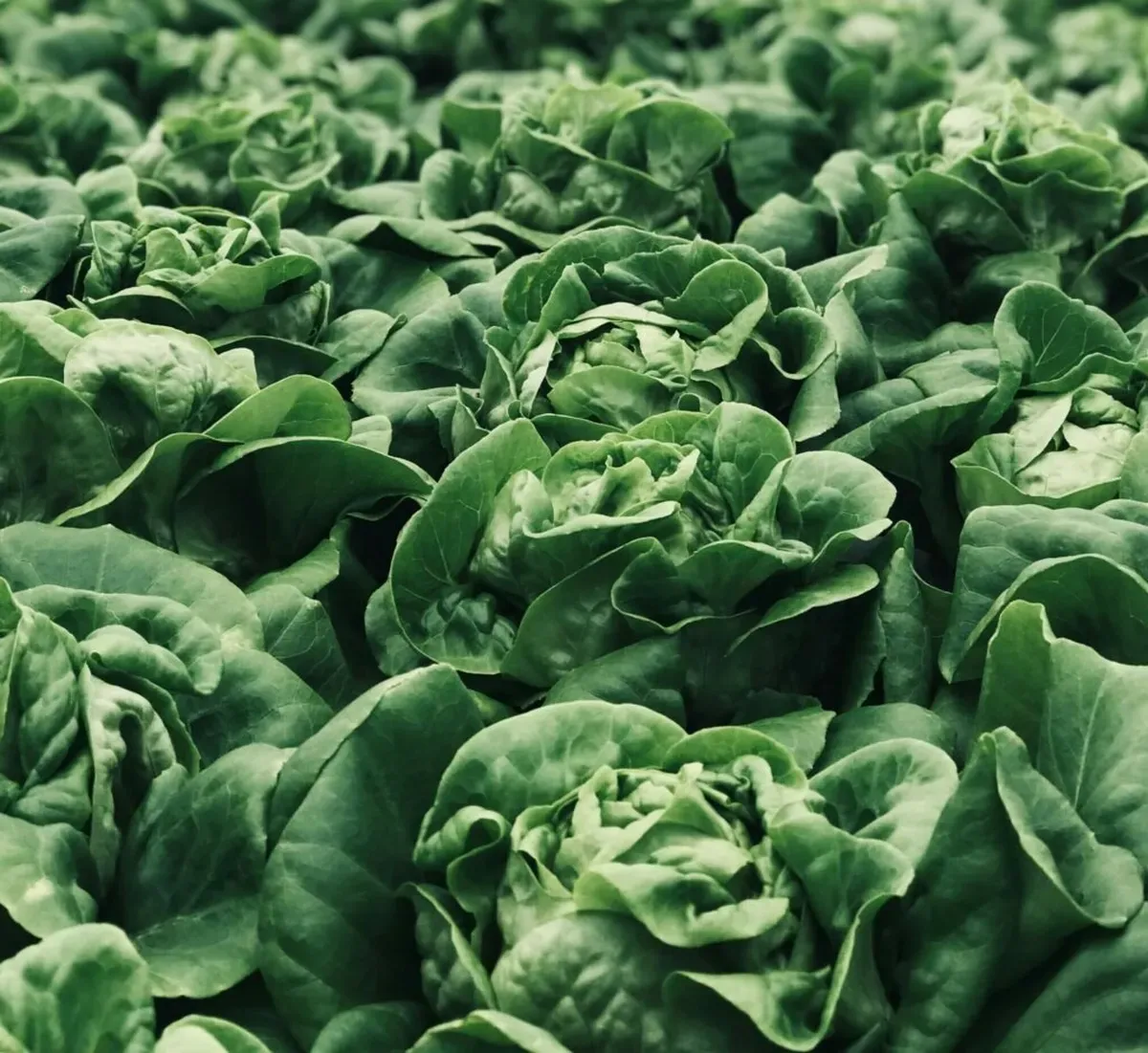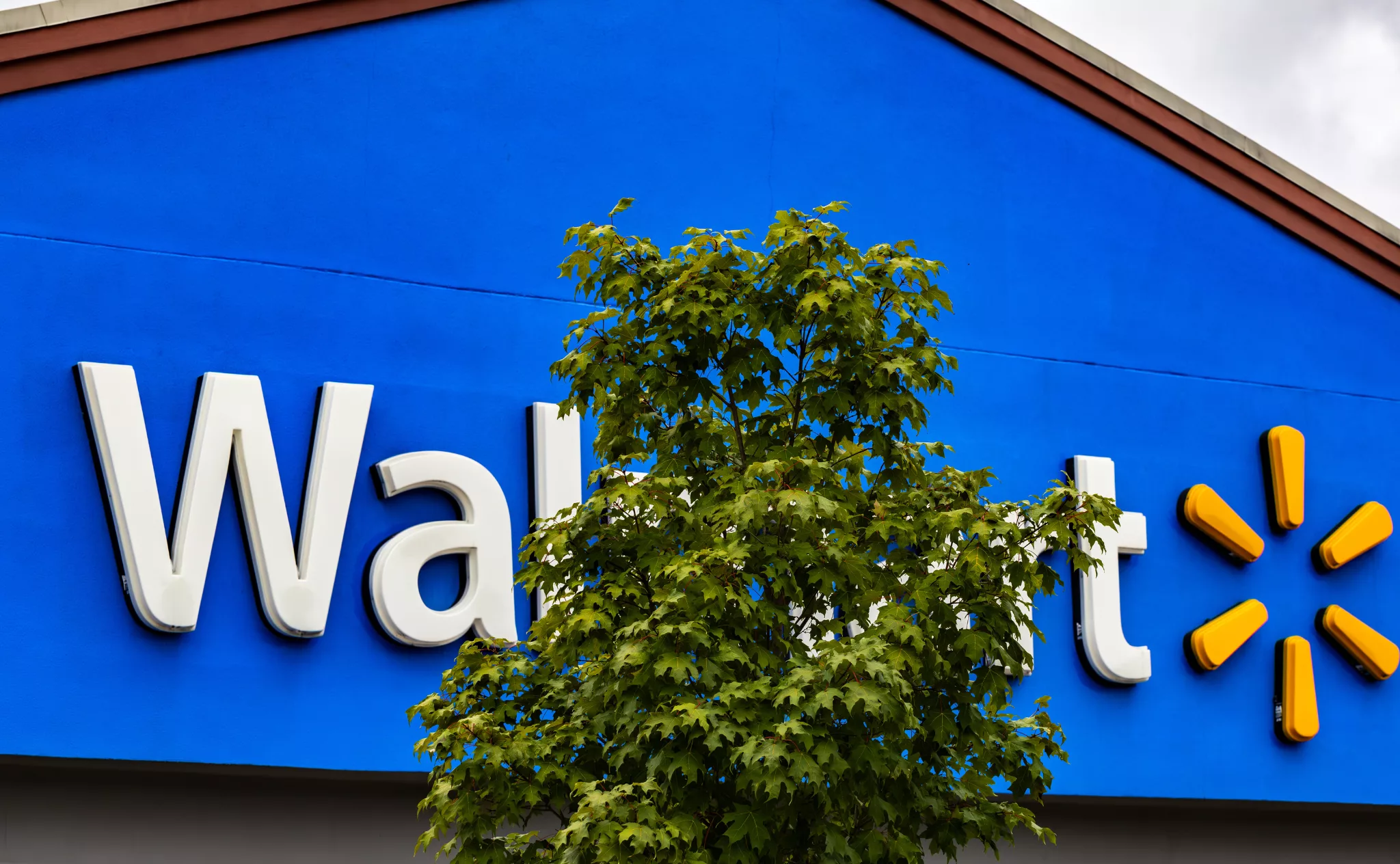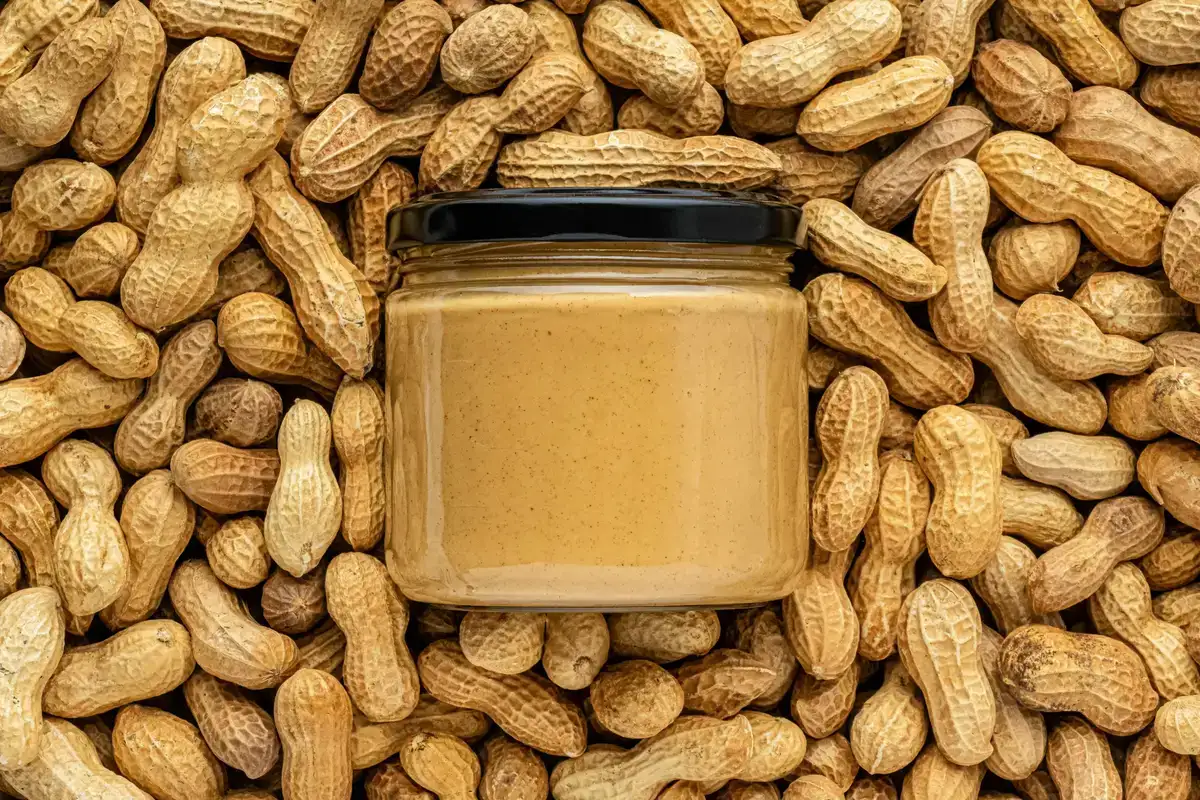Food Safety Modernization Act (FSMA) 204
FSMA Rule 204 is a critical component of the U.S. Food Safety Modernization Act. It intends to create a more transparent supply chain that ensures safer food for all Americans. Want to know how to navigate these requirements?

Requirements
What are the FSMA 204 requirements?
The collation of Key Data Elements (KDEs) and Critical Transformation Events (CTEs)
Collation through a Traceability Lot Code (TLC) that remains unchanged with the product throughout the journey through the supply chain (or until a kill-step or relevant transformation event occurs)
The delivery of necessary traceability information into an electronically sortable spreadsheet within 24 hours
food traceability list
What foods are subject to the FSMA 204 rule?
The FSMA Section 204 Food Traceability List designates the initial foods subject to enforcement. The extensive list can be found on the FDA’s website and will evolve.

Cheeses

Shell eggs

Nut butters

Leafy greens

Tomatoes

Tropical fruits

Finfish

Crustaceans

Mollusks

and more…
KDEs and CTEs
Key Data Elements (KDEs) refer to the critical information required to trace food products, such as lot numbers, dates, and supplier details. Critical Tracking Events (CTEs) are the points in the supply chain where KDEs must be captured. These are essential for creating end-to-end traceability from farm to table.
Traceability challenges
Implementing a traceability system involves overcoming complex challenges that require flexible, scalable solutions
Variety of product data across SKUs
Managing different Key Date Element (KDE) requirements for a wide range of products (often within the same company) necessitates flexible metadata systems to accommodate each SKU’s unique needs.
Data acquisition from traditionally data-poor environments
Growers face significant challenges related to costs, technical complexities, and infrastructure. FSMA 204 requires data acquisition from these growers, who are often in data-poor and digitally immature environments, making initial KDE collection difficult.
Fragmented systems and data silos
Data required by FSMA 204 is often spread across multiple systems that don’t communicate with each other – no one system has all the data needed for compliance. This necessitates a unified traceability layer to create a cohesive framework, ensuring compliance and data accessibility.
Trade network data interoperability
Achieving system interoperability is crucial as FSMA 204 mandates information sharing across trading partners, but many systems are incompatible and unable to communicate effectively.
Exponential increase in data points
Linking diverse SKUs and widespread distribution channels leads to a rapid increase in data points, necessitating robust systems to manage and link these points for accurate traceability.
24-hour data collation deadline
The information must be ready to be collated and presented electronically to the FDA upon request. Considering data fragmentation and the large volume of unique data points across many SKUs, meeting this 24-hour deadline is challenging for any organization under current systems.


Strategic partnerships
Powering enhanced food traceability at scale
Achieving compliance with FSMA 204 requires collaboration across the supply chain. Kezzler has partnered with industry leaders like Provision, Rockwell Automation, DNV, and GS1 to provide seamless traceability solutions.
Value beyond compliance
How can you create a competitive advantage with traceability?
While FSMA 204 compliance is mandatory, forward-thinking companies can leverage traceability to gain a competitive edge.
RESOURCES
Essential resources for FSMA 204 readiness
Next Steps
Start achieving more in food & beverage
Discover how Kezzler’s Connected Products Platform can revolutionize your product data management and compliance processes. Contact us today to schedule a demo or stay informed about the latest updates and innovations. We’re here to help you achieve greater transparency, efficiency, and value across your supply chain.

Contact us
Experience how the Kezzler traceability platform can streamline your compliance with FSMA 204 and enhance your supply chain visibility. Get in touch to see our solution in action and understand how it can be tailored to meet the needs of your food and beverage operations.
Let’s talk

Stay informed
Stay up-to-date with the latest insights and innovations in product traceability and food safety. Subscribe for updates to receive news, case studies, and expert tips directly related to advancing your food and beverage business.
FAQs
Have questions? We’ve got answers.
How does Kezzler’s platform help with FSMA 204 compliance?
Kezzler’s Connected Products Platform simplifies compliance with the FDA’s FSMA 204 by enabling real-time, item-level traceability across your entire supply chain.
Our platform captures Key Data Elements (KDEs) and Critical Tracking Events (CTEs) at every stage, helping your business meet the record-keeping requirements and provide traceability lot codes quickly to ensure food safety.
What are the record-keeping requirements under FSMA 204?
Companies must keep records of KDEs and CTEs for at least two years. Records should be maintained in a format that is easily accessible and can be shared with the FDA upon request in a timely manner (typically within 24 hours in the case of a foodborne illness investigation).
What are the penalties for non-compliance with FSMA 204?
Non-compliance with FSMA 204 can lead to FDA enforcement actions, including warning letters, fines, product recalls, and potentially suspension of facility registration. These penalties underscore the importance of adhering to FSMA guidelines to maintain compliance and protect public health.
How can Kezzler’s platform improve product recall management?
Our platform enables fast, targeted recalls by tracking products at both the batch and item levels. When a recall is necessary, you can quickly identify the affected products, pinpoint their exact location in the supply chain, and remove them efficiently to minimize risks and costs.
When does FSMA 204 go into effect?
FSMA 204 has a phased compliance timeline, with larger companies expected to comply sooner than smaller businesses. The final rule was published in November 2022, and businesses typically have 2 years to comply, meaning full compliance is expected by January 2026.






